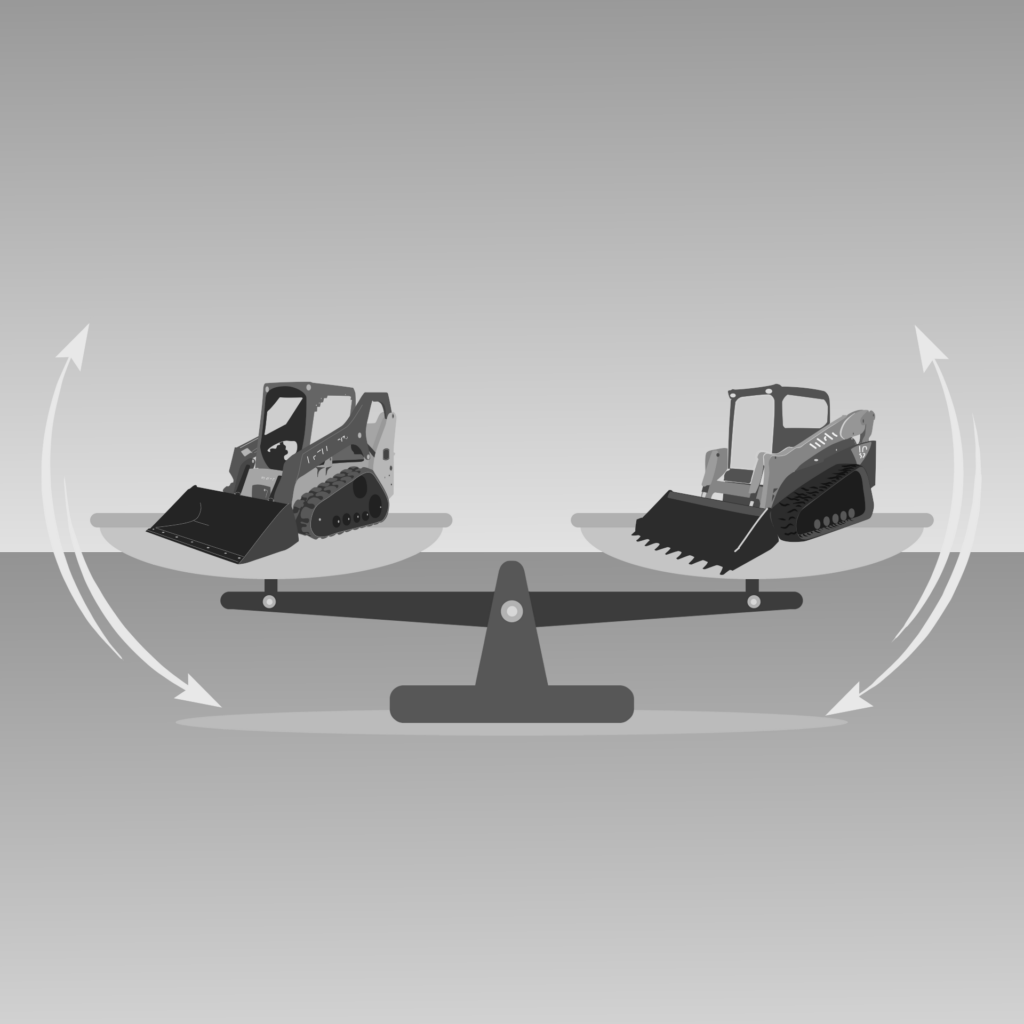
Purchasing construction or agricultural machinery is a significant investment, and deciding between a popular, established brand and an emerging “B brand” requires a nuanced approach. This blog outlines key factors to consider, helping you make an informed decision that aligns with your operational and financial priorities.
1. Repair Shop Hourly Rate
Popular Brands: Machines from well-known brands typically enjoy better familiarity among repair technicians, potentially reducing the time spent diagnosing and fixing issues. However, the hourly repair rate for these brands can be higher due to their complexity or premium service networks. Rates often range between $100 to $170 per hour.
Emerging B Brands: While repair shop hourly rates might be slightly lower, the lack of widespread familiarity with the machinery can lead to longer repair times, offsetting any cost savings. Rates generally fall between $80 to $120 per hour.
2. Turnaround Time for Warranties and Repairs
Popular Brands: Established brands often have streamlined processes for warranty claims and repairs. This efficiency translates to faster turnaround times, which is critical for minimizing downtime.
Emerging B Brands: Warranty processes for B brands might not be as well-established, resulting in longer wait times. Additionally, parts might need to be shipped from distant locations, further delaying repairs.
3. Geographical Location of Authorized Dealers
Popular Brands: Most major brands have extensive networks of authorized dealers, ensuring convenient access to service and support.
Emerging B Brands: Dealer networks for B brands may be sparse, especially in rural areas. This can lead to increased transportation costs and delays in servicing your machine.
4. Level of Service at Authorized Dealers
Popular Brands: Authorized dealers for popular brands often invest heavily in customer service, technician training, and diagnostic equipment. However, high demand can sometimes result in longer wait times for appointments. Additionally, the relationship between the customer and the local dealer plays a critical role. Even with a reliable machine, a poor dealer experience can diminish the overall value and reliability of choosing a popular brand.
Emerging B Brands: While some B brand dealers may offer personalized service due to smaller customer bases, others may lack the resources or expertise to provide top-tier support.
5. Customer’s Repair and Maintenance Knowledge
Popular Brands: These machines typically come with extensive documentation, and third-party repair guides are often available. If you have the expertise, you might handle minor repairs yourself without voiding the warranty.
Emerging B Brands: Many B brands are more flexible in allowing customers to perform DIY repairs without voiding warranties. They often provide accessible repair guides and straightforward parts replacements, making them appealing to customers with mechanical know-how. This can save significant costs on labor and reduce downtime.
6. Percentage of Use and Urgency
Popular Brands: For high-utilization scenarios or urgent tasks, the reliability and support network of popular brands are invaluable.
Emerging B Brands: If your machine’s usage is sporadic or less critical, a B brand might offer a cost-effective solution.
7. Warranty Void Cases
Popular Brands: Established brands typically have clear warranty policies, but they may void warranties if unauthorized parts or service providers are used.
Emerging B Brands: Warranty terms can be stricter, and even minor deviations from the service requirements might void the coverage. However, many B brands are more accommodating to customers performing their own maintenance, provided that genuine parts are used and proper documentation is maintained.
8. Parts Accessibility and Pricing
Popular Brands: Replacement parts are usually readily available but may come at a premium price.
Emerging B Brands: Parts for B brands can be harder to find, leading to delays. However, they are often priced lower than those of popular brands. Additionally, B brands may offer direct-to-customer parts shipping, simplifying the process for DIY repairs.
Balancing the Pros and Cons
Advantages of Popular Brands
- Extensive dealer networks
- Reliable warranty support
- High resale value
- Better reputation in the market
Disadvantages of Popular Brands
- Higher upfront and maintenance costs
- Potentially longer lead times during peak seasons
- Dealer relationship variability can impact the overall experience
Advantages of Emerging B Brands
- Lower purchase price
- Potential for personalized service
- Flexible DIY repair options
- Suitable for light or intermittent use
Disadvantages of Emerging B Brands
- Limited dealer network and support
- Longer repair times
- Lower market perception and resale value
Making the Right Choice
The decision boils down to your specific needs:
- If uptime, reliability, and market reputation are critical, a popular brand is likely the better option.
- If cost is the primary concern, and you can manage occasional downtime or handle repairs yourself, an emerging B brand might be worth considering.
Evaluate all these factors thoroughly and choose the machine that aligns with your operational goals and budget.

Leave a Reply